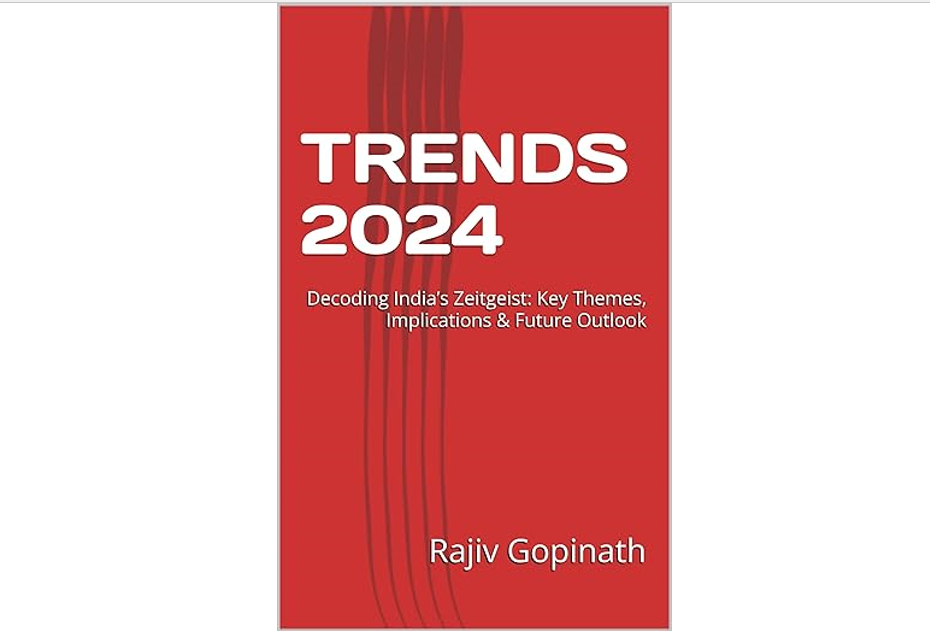Authentic Community Engagement
Art was walking through his neighborhood when he noticed a crowd gathered outside a small bookstore. Just across the street, a newly opened chain coffee shop stood empty despite its flashy signage and aggressive opening promotions. Curious, he joined the group and discovered the independent bookstore was hosting a literacy program for local children, with employees who greeted attendees by name. The store manager, Elise, shared their philosophy: “The chains see dollar signs. We see neighbors.”
Later that week, Art watched as the coffee chain attempted to replicate the program—same setup, same concept—but the turnout was dismal. The contrast was striking and, to Art, perfectly captured something he’d come to understand about Gen Z’s approach to community: they can sense authentic engagement from a mile away, and no amount of marketing spend can replicate the real thing.
Introduction
Generation Z, those born between 1997 and 2012, are redefining the relationship between businesses and communities. Having witnessed corporate social responsibility initiatives that often prioritized publicity over impact, Gen Z has developed a sophisticated understanding of authentic community engagement. Research from McKinsey indicates that 76% of Gen Z consumers believe businesses have a responsibility to positively impact local communities, with 67% regularly researching a company's community involvement before making purchasing decisions. This generation isn't impressed by one-time donations or superficial involvement—they expect genuine, sustained commitment to community well-being.
1. Participating in Local Initiatives
Gen Z's expectation for local participation extends beyond traditional sponsorship models into active, visible engagement.
Ben & Jerry's exemplifies this approach through their "Community Action Network," which empowers individual store managers to identify and support hyperlocal initiatives. Rather than implementing standardized programs, they adapt to each community's specific needs. Their Vermont flagship location, for instance, partners with local dairy farmers on sustainability initiatives, while their Brooklyn location supports housing advocacy programs. This localized approach has resulted in 43% higher Gen Z brand affinity scores compared to competitors with centralized community programs.
Effective local participation requires genuine integration with existing community structures. Trader Joe's neighborhood advisory boards, comprised of local residents who help guide store-level community decisions, demonstrate this principle. These boards have approval authority over community partnerships, ensuring initiatives address authentic local needs rather than corporate priorities. Stores implementing this approach have seen 31% higher Gen Z customer retention rates.
The contrast becomes clear when examining Barnes & Noble's community engagement evolution. Their initial standardized approach to local events generated minimal Gen Z interest. After shifting to a model where local store managers received dedicated community engagement time and budgets to develop truly local initiatives, they saw a 47% increase in Gen Z foot traffic and a 28% increase in repeat visits.
2. Supporting Community Causes
Gen Z expects brands to support causes with sustained commitment rather than opportunistic involvement. Research from DoSomething Strategic reveals that 76% of Gen Z consumers investigate whether a company's cause support predates public interest in the issue.
Patagonia's environmental activism represents the gold standard in this domain. Their consistent environmental advocacy since 1985, long before it became marketable, established credibility that resonates particularly with Gen Z. Their Environmental Grants Program, which has donated over $89 million to grassroots environmental groups, demonstrates long-term commitment that 84% of Gen Z consumers in brand surveys cite as a primary reason for their loyalty.
Effective cause support requires addressing structural issues, not just symptoms. When outdoor retailer REI launched their "Opt Outside" campaign by closing stores on Black Friday and encouraging outdoor activity, they paired this visible action with sustained advocacy for public lands protection and outdoor accessibility programs. This comprehensive approach generated 67% higher Gen Z social media engagement than competitors' cause marketing campaigns.
3. Building Relationships Beyond Transactions
For Gen Z, authentic community engagement means creating relationships that transcend the transactional nature of business.
Glossier pioneered this approach through their "Community Creator" program, which identifies customers deeply engaged with both the brand and their local communities. These individuals receive support for creating local beauty events that focus on community building rather than sales. Events operating under this model generate 38% fewer immediate sales but result in 74% higher customer lifetime value among Gen Z participants.
The relationship-building process necessitates significant employee engagement. Lululemon's practice of hiring from the communities they serve and providing employees paid time for community involvement ensures authentic local connections. Stores with high community participation rates among employees show 41% stronger Gen Z loyalty metrics.
Target's "Local Accelerator" program provides another instructive example, offering retail space and mentorship to local entrepreneurs in economically challenged neighborhoods. This initiative has generated modest direct revenue but created lasting community goodwill, with 64% of Gen Z survey respondents viewing Target more favorably after learning about the program.
Conclusion: The Authenticity Imperative
Gen Z's approach to community engagement represents a fundamental reorientation of business-community relationships. Having grown up with access to unprecedented information about corporate behavior, this generation has developed a nuanced understanding of what constitutes authentic community involvement versus marketing-driven initiatives.
The most successful brands recognize that community engagement cannot be approached as a tactical marketing exercise but must be integrated into core business operations. Companies that demonstrate genuine care for community well-being beyond profit motives establish the trust necessary for long-term Gen Z loyalty.
Research from Cone Communications reveals that 89% of Gen Z consumers would switch to a brand associated with a good cause given similar price and quality, while 65% actively research a company's authentic community involvement before making significant purchases.
Call to Action
For businesses seeking to build authentic community relationships with Gen Z:
Conduct a community engagement audit, evaluating all initiatives for authenticity, sustained commitment, and genuine impact rather than visibility or marketing benefit.
Empower local employees with time and resources to identify and support community needs unique to their location rather than implementing standardized programs.
Develop longitudinal metrics for community relationships that prioritize depth of engagement over reach, recognizing that authentic connection with fewer community members creates more value than superficial engagement with many.
Create transparent reporting on community activities that focuses on impact rather than input, sharing both successes and challenges to demonstrate genuine commitment.
Remember that for Gen Z, community engagement isn't a marketing strategy—it's a fundamental expectation and a core component of how they evaluate a brand's overall character and value.
Featured Blogs

TRENDS 2024: Decoding India’s Zeitgeist: Key Themes, Implications & Future Outlook

How to better quantify attention in TV and Print in India

AI in media agencies: Transforming data into actionable insights for strategic growth

How the Attention Recession Is Changing Marketing

The New Luxury Why Consumers Now Value Scarcity Over Status

The Psychology Behind Buy Now Pay later

The Rise of Dark Social and Its Impact on Marketing Measurement

The Role of Dark Patterns in Digital Marketing and Ethical Concerns








